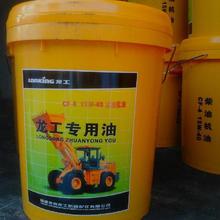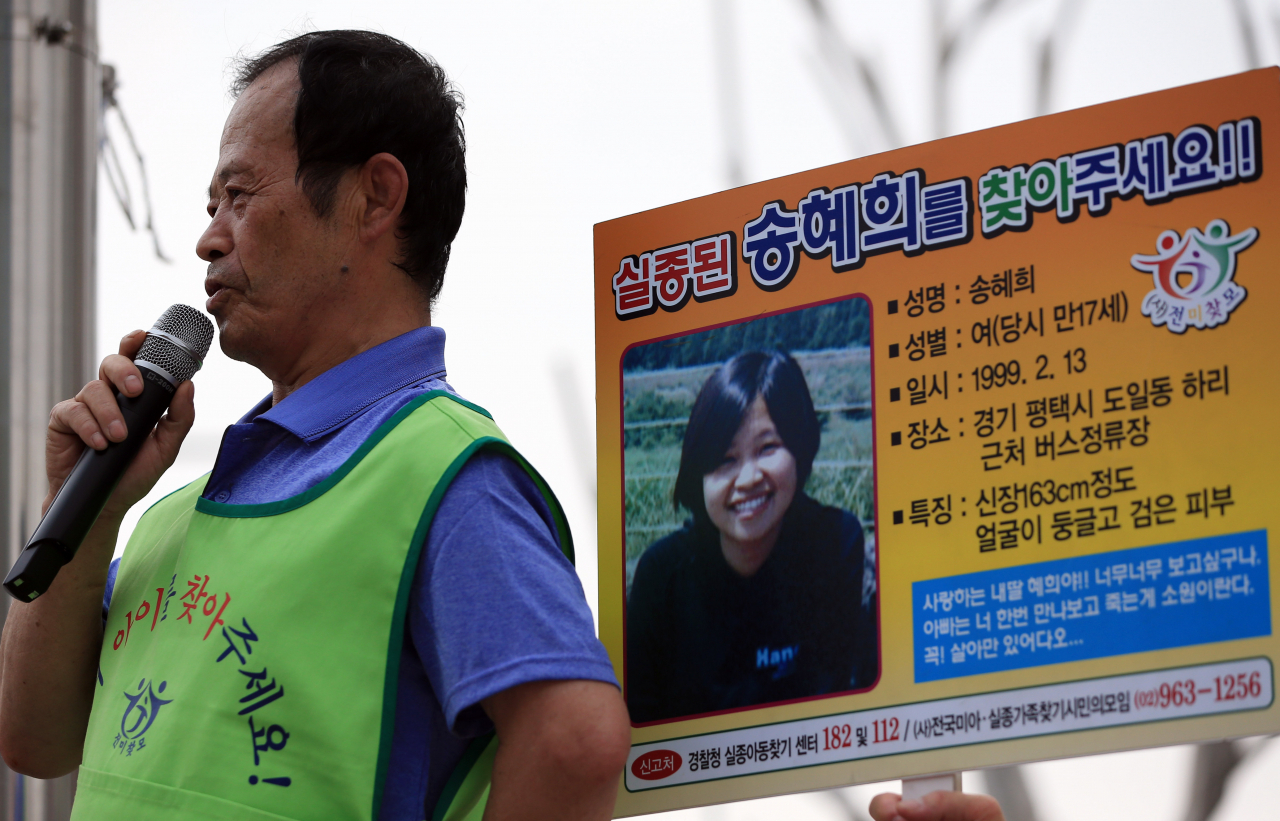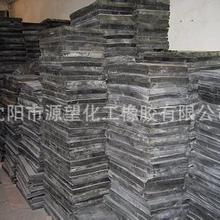Cuba now has a non
Starting today, for the first time in 59 years, Cuba will not be led by someone with the last name Castro. The governmentof Cuba, that is. The 86-year-old Raul Castro stepped down as president but remains first secretary of Cuba’s ruling Communist Party. In Marxist-Leninist political systems like Cuba’s, the party and government are deeply intertwined. Titles can also be a bit interchangeable: Raul’s brother Fidel de facto ruled Cuba as prime minister, with a figurehead serving as president, from 1959 to 1976, before he took over the presidency. So it’s safe to assume that Raul will continue to hold a great deal of influence in his semi-retirement, and it’s fair to question the degree to which his successor will be actually running the country.
That successor, Miguel Díaz-Canel, 57, is a bit of a cipher. A former party boss in the city of Santa Clara and minister for education, he’s been the presumed successor since 2013 when he was elevated to the position of first vice president, even as he has kept a low profile.
He’s reportedly a supporter of market reforms and advocate for opening up Cuba’s internet, but it’s unlikely that Raul’s handpicked successor will stray far from the Castro path.
In a leaked video last summer, Díaz-Canel was recorded blasting the independent media and foreign embassies as saboteurs and saying that Obama’s 2015 diplomatic opening had been a plot to “destroy the revolution.”
“He is a creature of the revolutionary consensus. We really won’t know until we see him in action, but there’s no evidence to suggest he doesn’t represent continuity,” says Julia Sweig, Cuba analyst and author of the book Cuba: What Everyone Needs to Know.
Advertisement Advertisement AdvertisementStill, today obviously marks a generational shift. For nearly 60 years, Cuba has been ruled by the same small group of revolutionary veterans who seized power as young men and are now very old men. By contrast, only one of the five vice presidents sworn in Thursday fought with the Castros during the revolution.
Raul, who took over from his brother as president in 2008 and party chief in 2011, is stepping back at a time of deep uncertainty and transition. Once thought of as a hardline Stalinist, he has presided over some limited market reforms, allowing growth in the private sector, without liberalizing the country’s political system. He also oversaw a historic détente with the United States since President Obama’s diplomatic overtures in 2015, though the more than 50-year-old trade embargo, which can only be lifted by Congress, remains in place.
AdvertisementThe Trump administration reversed many of Obama’s moves, putting new restrictions on trade and travel between the two countries, and Cuba’s growing tourism industry has been hit particularly hard. The U.S. has also slashed staff at the U.S. embassy in Havana down to a skeleton crew in the wake of a mysterious illness that some U.S. officials have blamed on Cuban spying or sabotage, which the Cuban government denies.
AdvertisementInterestingly, Mike Pompeo, Trump’s nominee for secretary of the state, told the Senate last week that he wants to improve ties with Cuba and “build out a team there.” Sweig suggested that the CIA director may have come to realize that the diplomatic breakdown is affecting the ability of the U.S. to gather intelligence on Cuba during a critical moment.
“[Pompeo’s] own staff may have to persuade him that driving blind during a major transition is a bad idea,” she said. “For no other reason than to have any kind of direct understanding of what’s happening on the island, we need to get our people back there.”
Tweet Share Share Comment









